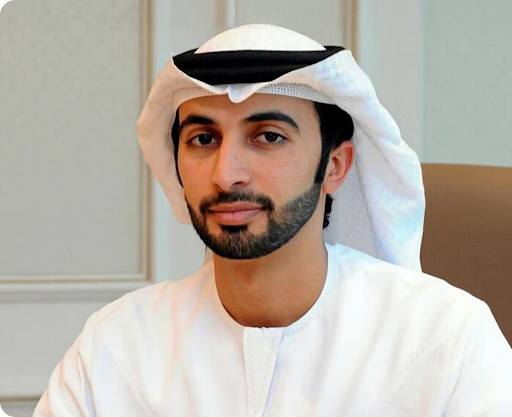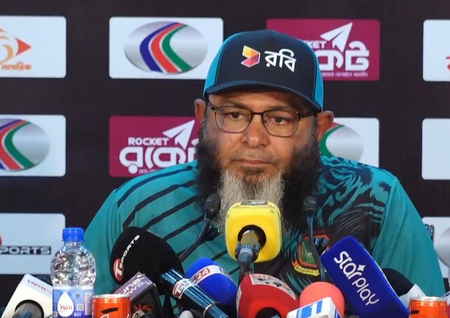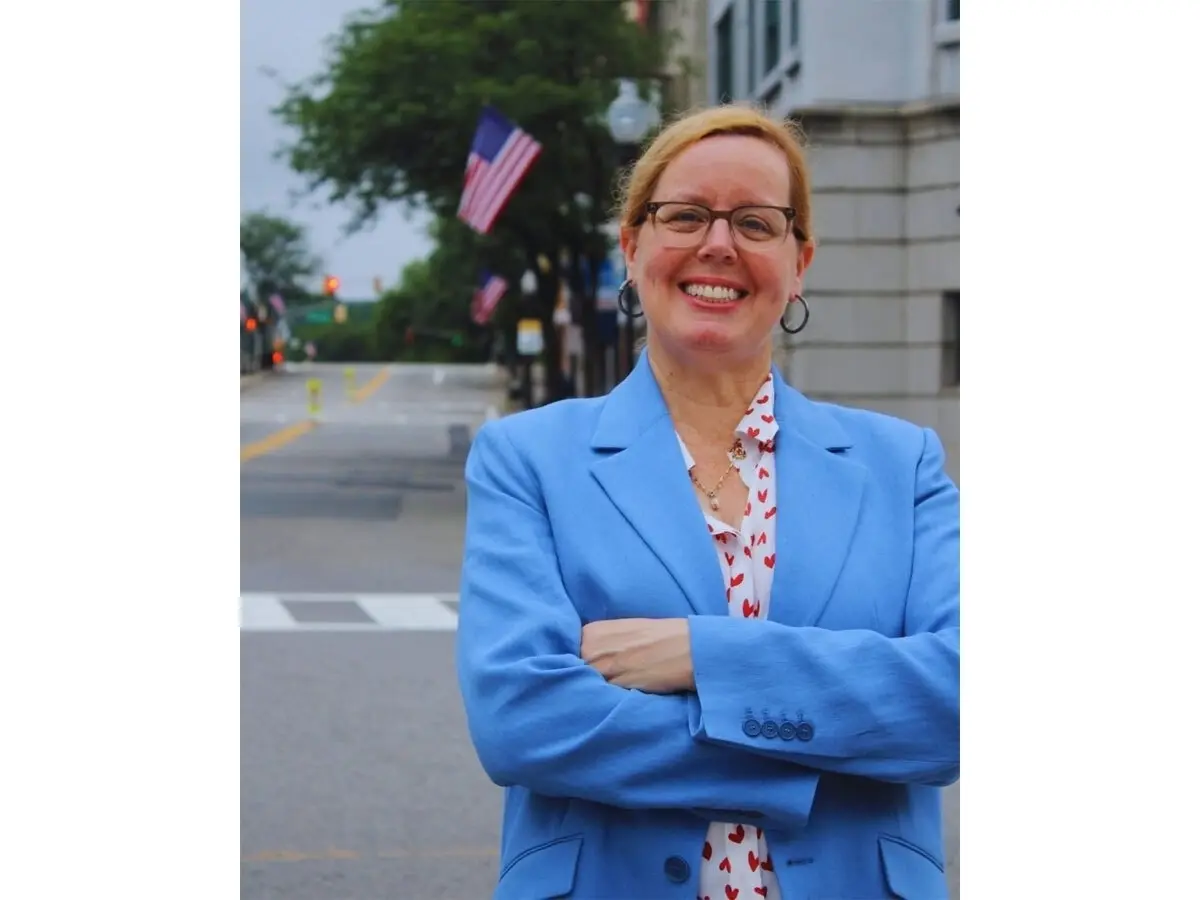Copyright International Business Times

By codifying the evolution of his private family office with a Dubai-based holding company, the Emirati royal may be signaling a major expansion of development partnerships and investments across emerging markets Sheikh Ahmed Dalmook Al Maktoum of Dubai's ruling family has formalized Inmā Emirates Holdings as a holding group headquartered on Sheikh Zayed Road in Dubai, establishing a foundation to scale a decade-long track record of impact investing previously enabled by a private family office framework. With its name derived from the Arabic root "N-M-A," meaning growth and long-term sustainability, according to an official announcement issued by the newly formed entity, Inmā will, as the Sheikh historically has, focus on long-term investment partnerships in technology, real estate, and infrastructure. The emphasis is on measurable development outcomes and collaboration between governments and the private sector. Inmā's stated mission is to promote sustainable economic growth through partnerships that align financial resources with public priorities. Rather than operating as a speculative investment vehicle, the company seeks to participate in development projects with clear social and economic impact. The group's work builds on the Sheikh's numerous cross-border infrastructure and energy projects, most of which are in partnership with public-sector entities. Recent examples include cooperation with Abu Dhabi Ports on port concessions in Guinea and Pakistan and the delivery of a 36.6-megawatt power plant in Equatorial Guinea. Those projects illustrate a focus on strengthening essential infrastructure and government capacity in developing markets. The company's operational structure is organized around four focal areas: government and growth, private-sector collaboration, environment and sustainability, and people and communities. Together, these pillars form a framework for assessing opportunities that combine commercial viability with measurable community outcomes such as job creation, income growth, and improved access to services. A central area of focus for Inmā is digital transformation. Through Nawa Technologies, a portfolio platform, the company supports governments in adopting digital systems and cloud infrastructure without incurring the high costs of building data centers independently. In partnership with Oracle, Nawa Technologies has deployed solutions aimed at strengthening what its partners call "AI-driven governance." These technology projects are part of a broader ambition to bring tested digital models from the Gulf to developing markets, emphasizing practical implementation over concept-level innovation. Inmā's formation also introduces formal governance mechanisms. The holding group is expected to operate under an investment committee with independent oversight, according to individuals familiar with the structure. It plans to publish project-specific performance indicators and subject its impact assessments to external validation where possible. Those metrics will track tangible measures—such as service delivery uptime, employment generated, and environmental performance—that align with frameworks used by development finance institutions. The company's goal is to maintain credibility with institutional partners that demand rigorous transparency in impact reporting. Inmā's reach already extends to more than a dozen countries, including Angola, Pakistan, and Guyana. Its role in the 50-year Karachi Port Trust concession deal with Abu Dhabi Ports represents the model the company aims to replicate: public-private cooperation backed by Gulf investment and designed to improve logistics infrastructure in emerging markets. Such ventures, according to people close to the company, reflect a long-term approach rather than a push for quick returns. By aligning with sovereign funds, development banks, and private partners, Inmā intends to structure investments at a sustainable scale and cost of capital. Inmā's establishment consolidates a decade of experience in one structure while setting a professional standard for future activity. The company's leaders have avoided public ceremony, framing the launch as an administrative step in service of continuity. If successful, Inmā's contribution will be measured less by publicity than by the durability of the projects it supports—stronger digital systems, more reliable port logistics, and broader access to basic services. In that sense, Inmā's evolution reflects a practical vision: to apply the UAE's development expertise in partnership with other nations pursuing their own paths to growth.



